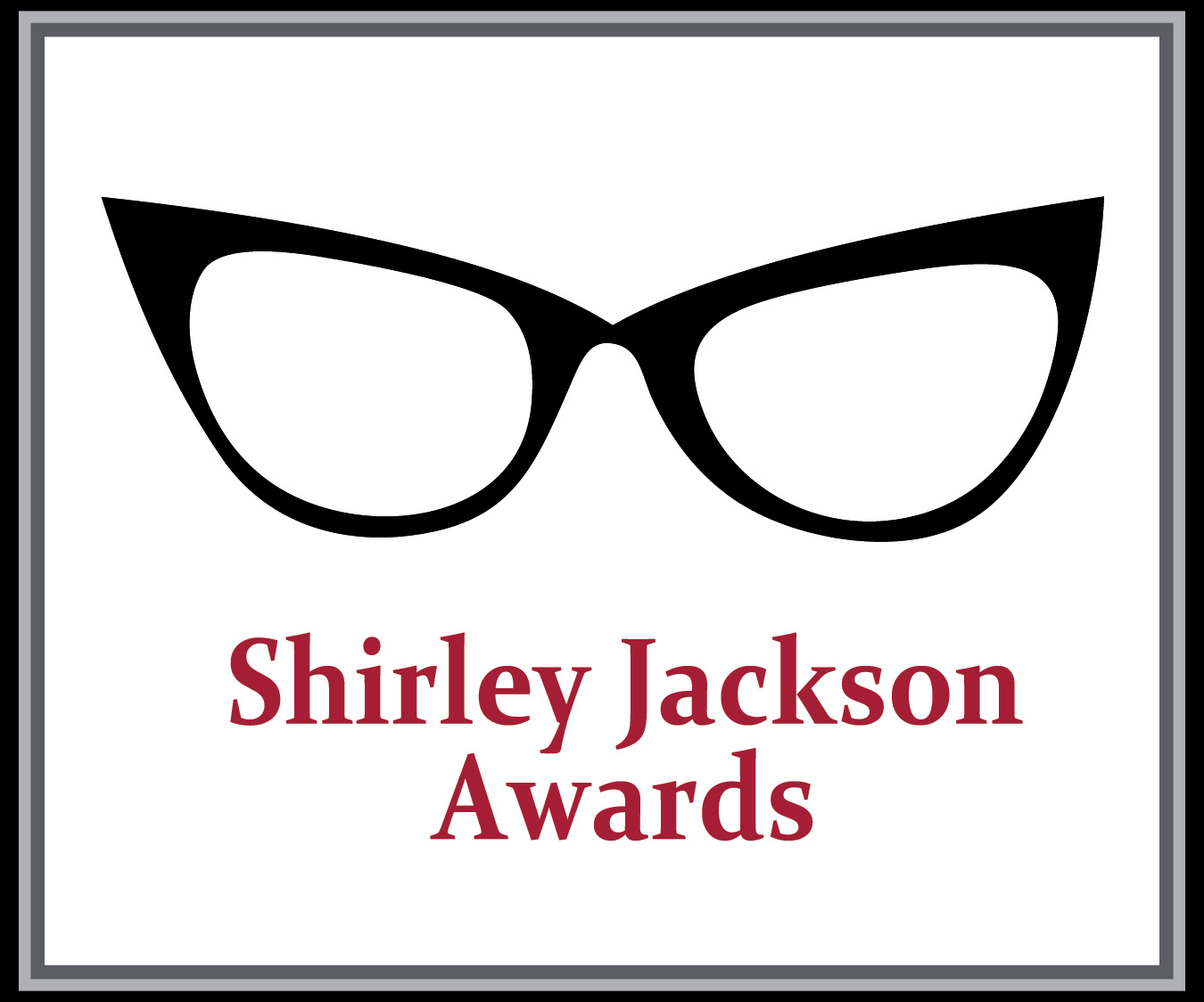Michael Cisco is the author Shirley Jackson Awards nominated novel The Great Lover.
Hi! Thanks for agreeing to do the interview. First off, what was the genesis of your character the Great Lover?
Most of my characters simply present themselves to me, and there are many who return again and again in more or less altered form. So the Great Lover is a variant of other, similar demonic characters I’ve done. That these characters keep coming back can be a sign that originality is flagging, but I think it’s often a sign that the writer keeps finding new things to say or do with such a character. The character itself doesn’t “grow” in the conventional sense of character development, which is almost always a scheme that really cripples and domesticates change, but the character keeps becoming new aspects of itself. The Great Lover is a character that begins before the novel does and who will go on doing things in other novels under other names, provided I keep writing them. At one point in The Great Lover (the book) he encounters the other versions of himself from my other novels.
The idea behind the character this time was I guess that here was someone who is entirely trapped in a wild and exalted state of hyperbolic, reverential yet carnal desire for love, but who won’t approach them directly and flees whenever someone turns their desire on him. He flees either by running away or by turning into a cartoon character, not a superhero but somewhere between a more or less stable persona like Popeye and a crazy protean thing like Bugs Bunny. There’s a murky impasse there emotionally that I wanted to get in front of people.
The Great Lover is very different from the traditional narrative. How would you describe your writing?
The Great Lover is not as radically different from traditional narrative as all that; Finnegans Wake is much more untraditional and it’s nearly a hundred years old. Redundancy is necessary for understanding; you need some level of redundancy – characters, a plot, chapter breaks and so on – to make what you’re doing a novel and not some other kind of written thing. I am a phantasmagoric maximalist. I like things to be overwhelmingly strange and capacitous. I want what I write to live; it isn’t about something, it is something. Something new, if I’ve done what I set out to do. The mad scientist makes his monster thinking that he’s going to prove himself to the scientific community or something like that, but he’s being too modest and even too self-deprecating. His motive is much more honorable than a desire to applause; whether he is consciously aware of it or not, he wants the monster to explode out of control and go out marauding into the world, because the desire to create, at its highest level, is the desire to create something bigger than you are and so out-create yourself.
What were some of the challenges in writing the book?
The novel won’t live if it’s just a heap of weird. It has to contact the reader to seem real, so that the reader isn’t just passively watching all this unaccountable stuff going on without any feeling of attachment or participation. This is the problem that abstract art often has; it’s so obliquely angled or so flat that you just can’t care about it unless, for some reason, you happen to be one of the few people who loves obliquity or flatness. I struggled horribly to get love into the novel, but love is the most enslaved, falsified element in art. It’s all Hallmark cards, and I can barely manage to get any of it in. I struggled with the density of my own style; I can only stare in hapless admiration at the minimal writers, like Beckett, who can do everything in the world with nothing, or the light writers, like Vian, who never fail to keep flying speed. I struggled with the politics of the novel too, because it can’t be a political novel in the conventional sense nor can it be apolitical, since it has to be alive in the world it conjures, which is a political world. There’s so much I want to get into the novel, but the more I put in the slower things go, and a novel has to sustain a slightly sub-conversational velocity if it’s going to work.
